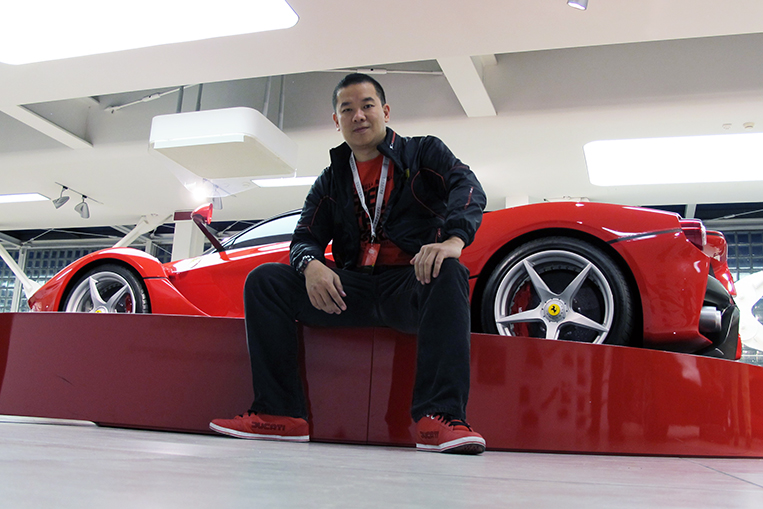
September 2, 2016, was officially my last day as editor-in-chief of Top Gear Philippines, a job I had poured my blood, sweat and tears into for nearly 11 years, almost to the utter exclusion of my family, relatives and friends. It was a job any guy would be happy to get stuck in for the rest of his life. And I was. I was hooked. I also let it define me.
Who wouldn’t get addicted to that job? I was around cars all the time. I wrote about the latest vehicles and automotive technologies on weekdays, and then drove Jaguars and BMWs on weekends. Automobiles that hadn’t been formally launched in our market were brought to my doorstep. I had the final say in the cars that made it to our magazine cover, the events that were written about on the website, the posts that got shared on that popular Facebook page. I decided which staff member to send to Europe to drive a sports car, or to the US to sample a luxury sedan, or to Japan to attend a motor show. One day I’d be doing slalom in a sports coupe, a few days later I’d be touring Ferrari’s factory in Maranello.
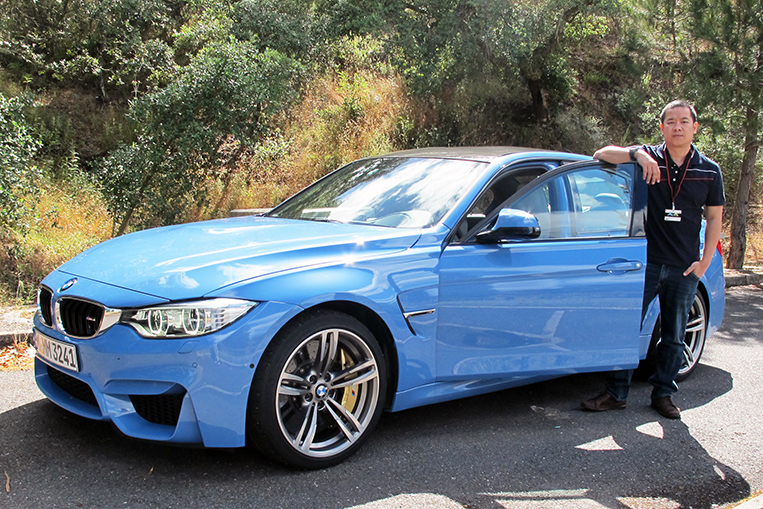
On the side, I was frequently invited to speak to college students, marketing professionals, politicians. I guested on TV and radio. I helped steer national conversations on motoring. I got hundreds of messages and notifications from readers every week. I was the person automotive companies or PR firms had to deal with if they wanted any of their products enjoying any kind of exposure on our print and digital platforms. Yes, they would sometimes try to go through an editor here or a writer there—and said editor or writer would try to pitch the story to me—but trust that if I didn’t like the idea, it never saw the light of day in the TGP universe. My cluttered office cubicle became my throne from which I dispensed orders and forged deals.
And on top of all this, I received awards, as if to tell me I could do no wrong and I was king of the world.
I’m telling you this not to brag, but only to show you the stratospheric height of my fall.
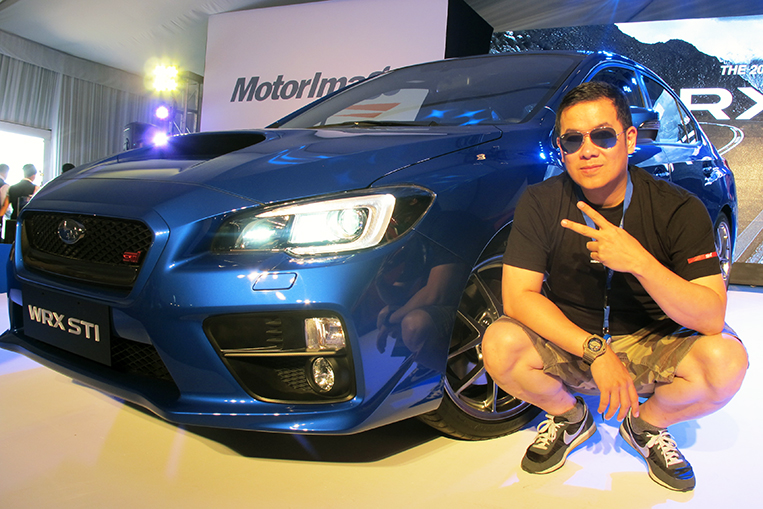
That job made me feel important. It made me feel accomplished. Things were so great I sometimes caught myself thinking: “I could do this for free.” Because my job made me feel incredibly good, going to work became my nicotine. I neglected my spirituality. I didn’t have a social life. My idea of a vacation was an out-of-town trip for an assignment. I stopped visiting loved ones. I sneered at officemates who made “work-life balance” their priority. My teammates routinely found me in my cube in the morning—still wearing the same clothes from the previous day—slogging away just to scoop the competition. At dinner events, I thought nothing of whipping out my laptop and plopping it onto the table in front of everyone. Not only had my work become my life, it had become my god.
Fortunately, both the magazine and the website were doing well, so the bosses allowed me to keep my job even if my editorial direction was often at odds with their wishes. I felt untouchable. In my head, I pictured myself growing old (and possibly dying) in that position. No one was taking it away from me.
Or so I thought.
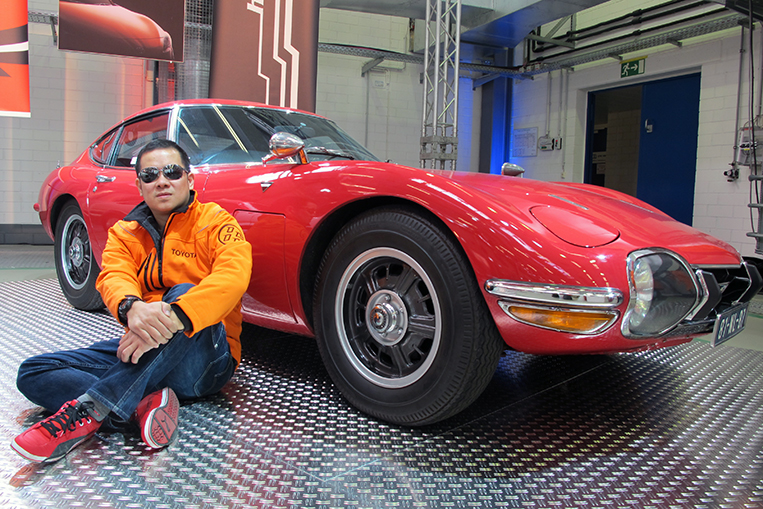
One day, I shared on our Facebook page wrong information about a manhunt. That information came from the police. It wasn’t fake news, just an honest mistake on the part of their witness. I posted an apology and offered to resign. I wanted to show that editorial correctness should be taken seriously, even if it meant walking away from the one job I loved more than anything else.
I went from hero to zero. I accepted an offer to helm the motoring section of a newspaper just to stay afloat while I served the noncompete clause I was threatened with. The e-mails from readers came to a halt. The invitations from auto companies dwindled. The calls from industry executives became scarce. Even former colleagues inexplicably avoided me. It became clear to me that my relationship with many of these individuals was simply based on business—nothing more, nothing less. It was like being the delusional dude inside the friend zone: You think it’s romantic; the other person knows it’s platonic.
I quit the broadsheet gig after just a couple of months (I didn’t have the stomach to do the bidding of the advertising-minded owners). Nothing seemed to be going right. I was confused. I was angry. I was scared. I was insecure. Where would I go? What would I do? I was 44 years old. What a time to be out of a job.
Your job is not you. It’s only a hat you wear to earn a living. You can’t make it your world or your life or your god
You know who didn’t stop texting or calling or visiting me? The very people I had taken for granted. Family, relatives, friends. Folks who didn’t give a shit if I was a car magazine EIC or not. Those I had conveniently set aside to focus on a pretentious career were the ones who itched to spend time with me—to support me until I figured things out again.
Over the last year or so, I realized that a job is just a job. It’s not you. It’s only a hat you wear to earn a living. You can’t make it your world or your life or your god. Be passionate about it all you want, but you shouldn’t chuck the switch that allows you to turn off work-related stuff when it’s time to concentrate on the things that really matter in life.
And you can’t attach your self-worth to it like I did. You’d be devastated. Not least because organizations close, brands fold, customers leave. They are unfortunate developments that wouldn’t care about your feelings. They wouldn’t tiptoe around you. They’d come at you like wrecking balls. Make sure you know how to detach yourself from the point of impact.
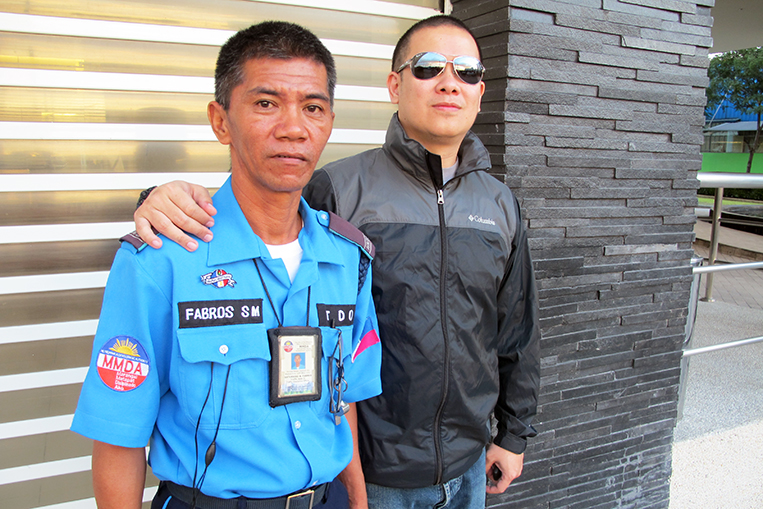
I made the mistake of worshipping my job. I was guilty of idolatry. It became my everything. And so when I lost it, it felt as though I couldn’t find myself as well.
Be the best at what you do. Compete. Beat your deadline. Nail that presentation. Hit your quota. Get that bonus. Just don’t lose yourself and the people who have your back no matter what.


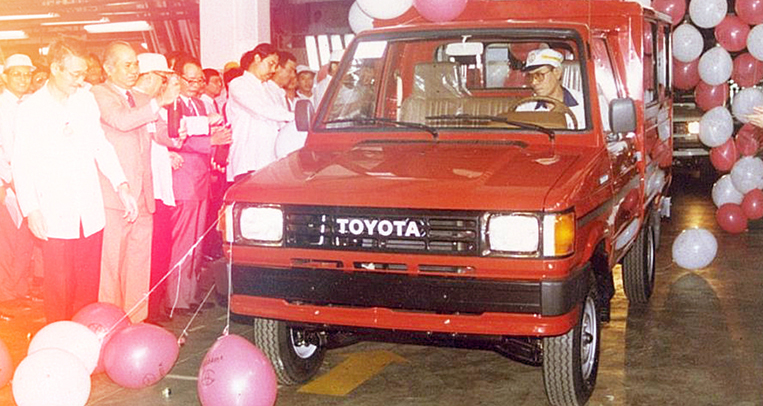








Comments